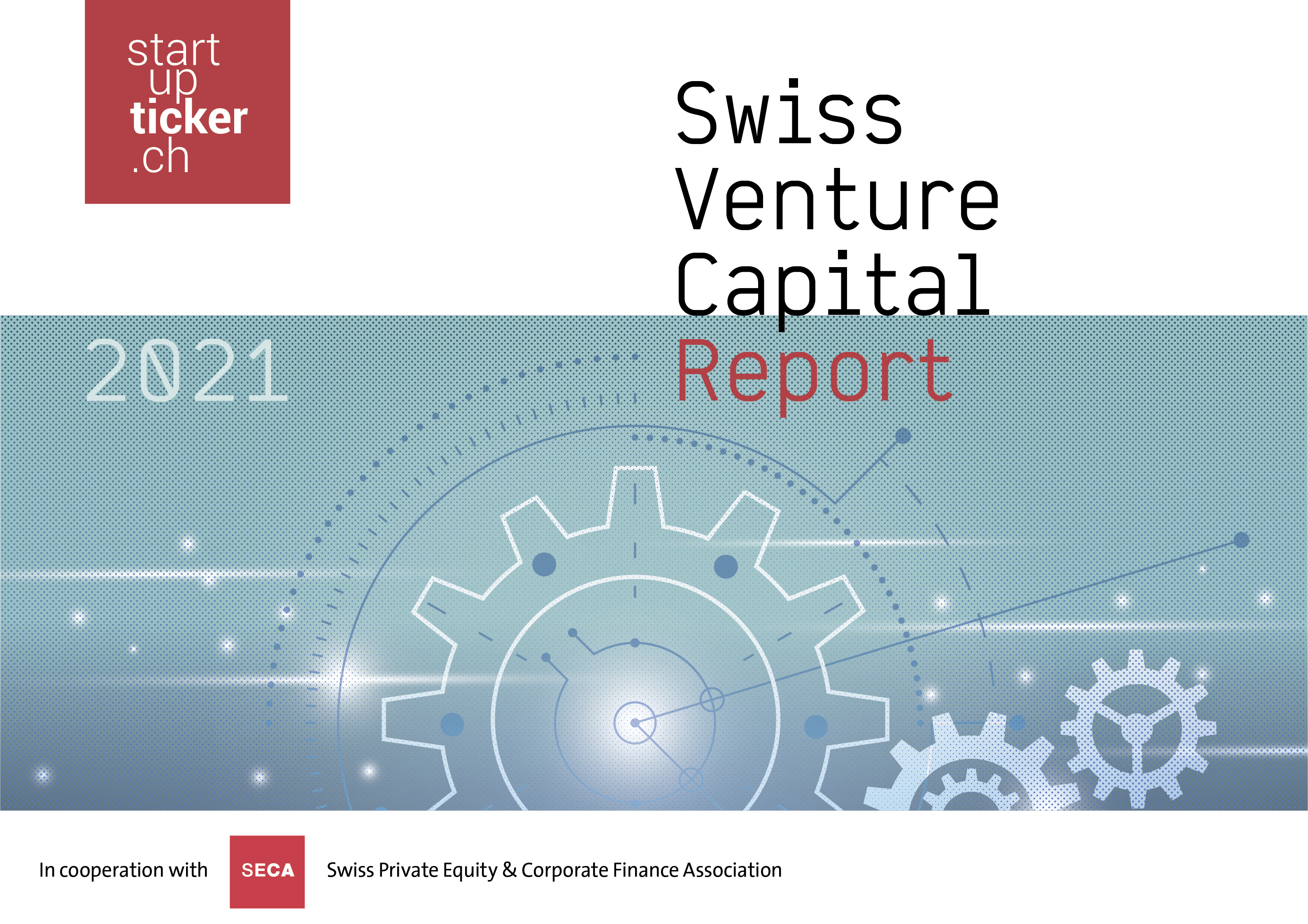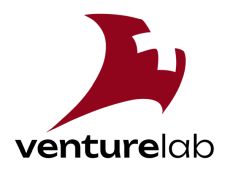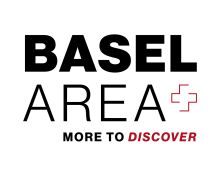
Thanks to UBS Growth Advisory’s investor brokerage, several investors participated in the last financing round of food start-up yamo, including one who knows the food industry inside out and has entrepreneurial responsibility himself. We talked to Lukas Reinhardt from UBS and yamo CEO Tobias Gunzenhauser about how this came about and the important role this investor now plays in yamo’s growth course.
At the beginning of the year, yamo gained 1,300 points of sale through the drugstore chain dm. You were able to expand further at practically the same time. What is the current situation?
Tobias Gunzenhauser (yamo): It’s going very fast. We are currently active in six countries; we started in Spain last year, and now Belgium and Portugal have joined.
In addition to fresh baby food, yamo now produces healthy food for children at kindergarten and school. You offer bars, oat drinks and oat yoghurts. Is not a company that offers such a wide range of products very capital-intensive?
TG: No, we rely on an asset-light business model. We develop the products together with parents and children, which are then produced by partner companies. Our investors’ money does not go into machinery or a factory, but into product development and, of course, growth.
Which obviously makes an investment more attractive...
Lukas Reinhardt (UBS Growth Advisory): Absolutely. This also applies to the investors we broker. I don’t think yamo would have been an option for investors associated with UBS Growth Advisory if it had been looking for financing for machinery or a factory building.
When did you first meet?
TG: I think it was at a start-up day in Central Switzerland five years ago.
What happened afterwards?
LR: On the first contact, yamo was still too early phase for us. But we stayed in touch and Tobias kept me up to date with regular reports. In spring 2019, the contact became more frequent.
How important was the early contact? Founders might think that they should contact UBS Growth Advisory only when they have the necessary maturity and, second, when they are preparing a financing round.
LR: Establishing contact at an early stage is very important; we prefer to get to know interesting young companies early on. We can observe their development, even if they are not yet mature enough for a concrete collaboration at that time. We want to be able to understand the companies in depth, assess progress and build a relationship with the team before starting an intensive collaboration. An observation over time makes it easier to judge the team and see whether it can implement its business plan. At yamo, contact was made early on and the relationship building went on for several years. Over time, we then saw that the yamo team really achieved its milestones; for example, in terms of internationalisation.
Although you knew each other well, you reviewed yamo again before you approached selected investors with the case. What was the purpose of this review?
LR: The review of an investment case is an integral part of our fundraising process. We want to understand the company, convince ourselves of the strengths of the case and be able to provide investors with in-depth information. Investors want detailed data on the business plan, the roadmap and case explanations. A pitch deck alone is not enough. It is our task as a bank to make this information available to investors comprehensively and transparently in a digital data room.
Does every potential investor have access to the data?
LR: No. We first send out a teaser email. Investors that express an interest are required to sign a non-disclosure agreement and are then granted access to a full investor presentation and the data room.
Mr Gunzenhauser, how was your experience of this process?
TG: Very clear and transparent.
And did it lead to success?
TG: Absolutely. Investors brokered by UBS participated in our financing round in 2020. What was particularly good about it was that it was ‘smart money’.
There is a lot of talk about smart money today. But what does this support entail in your case? Does it go beyond advice?
TG: It goes far beyond advice. For example, one of the investors is very close to our area and has entrepreneurial experience. He knows the ups and downs that can occur in our industry. That alone is important, but he also supports us time and again in the operational area.
Can you give some examples of this support?
TG: With the aid of his network, he has helped us with recruitment and established contacts with potential suppliers. Since he is still active himself, his knowledge about suppliers, for example, is up to date.
Mr Reinhardt, as a B2C food start-up, yamo is unusual for Switzerland. Finding suitable investors is not likely to be easy. At UBS, you have access to a large number of potential investors and yamo has been able to benefit from this. How important is this large number for other start-ups?
LR: Indeed, we see this large number of potential investors as UBS Growth Advisory’s unique selling point. As a result, we can usually find investors with a clear connection to the respective industry and business model, and can thus be referred to as smart money investors.
You talk about brokering. This means that as soon as the start-up and the potential investor have found each other, they take over everything themselves.
LR: Exactly. We approach investors, manage the transaction process and the exchange of information, but we are no longer involved in any negotiation of the investment terms.
Mr Gunzenhauser, yamo closed its last financing round in 2020 and is growing strongly. Can we assume that closure of another round will be announced soon?
TG: All I can say is that attracting investment is an ongoing task for fast-growing companies.
Photo L-R: Tobias Gunzenhauser with his co-founders Luca Michas and José Amado-Blanco.
Further information about UBS Growth Advisory can be found on the UBS website.


 The new Swiss Venture Capital Report was published on 26 January. It analyses 304 financing rounds closed in 2020 and includes further article such as an interview with Michael Hengartner, President of the ETH Board, and a list of Swiss "soonicorns".
The new Swiss Venture Capital Report was published on 26 January. It analyses 304 financing rounds closed in 2020 and includes further article such as an interview with Michael Hengartner, President of the ETH Board, and a list of Swiss "soonicorns". 




















































Please login or sign up to comment.
Commenting guidelines